
“There is no beauty but the beauty of action” – African proverb
Many Africans perceive the continent and its economy as poor not because it is naturally so, but because the world has been telling us it is so for long. It has been decades and centuries.
And over this period, the Western media’s projection of Africa has been centred on corruption, famine, wars and sicknesses. These declarations, even though they had been subtle, have powerfully assigned a negative status function to Africa, its economy and its people.
From their colonial declarations that our continent was a ‘terra nullius,’ which means nobody’s land or in a more politically correct language, ‘underdeveloped,’ and the people of the land as ‘uncivilized;’ we have never been able to rise our of the ashes. It has been repeated over and over, for so long it feels like it is the truth.
And so many of us have bought into their definition. Our elite class did not also help because they created was educated by them, and they were used to reinforce their negative narratives. Even in this Age of Information, where all their strategies can be studied if we put in the effort, many Africans continue to define themselves according to these negative narrative.
It is like a woman being told every day that she is ugly, even though she is a stunning beauty. After hearing it over and over, she starts believing it, and then it starts to impact her negatively.
First, she would enhancing her looks, then she stop trying to dress well, which will diminish her confidence, and finally she would start maltreating herself. That is how our beautiful rich continent has been damaged. It is surprising She is waiting for some people from some other continents to come and save her?
In his book, ‘The Construction of Social Reality’ John Searle argues that social reality is constructed by declarations and collective intentionality. It is an artificial creation. It is as our fathers’ have said, “a person is a person because of other people.” We are the way we are because some people defined us as such.
Thus, we can change it. Our present social reality can be deconstructed and reconstructed by the same means as it was first constructed. The way out lies in creating and performing new, powerful declarations and building new forms of collective intentionality.
The time has come for us to stop echoing the negative definition the world has placed on us. For starters, we need to understand that the primary purpose for that negative label on us was to use us to serve their industrial and economic needs.
It was imposed, and its acceptance was forced through violence, legal systems, and education; and over time, we internalised this status. The good news is that we can change this status like we change our WhatsApp status. And like it, r have to change it ourselves, since nobody has any interest in changing it for us.
The first point of call is to stop comparing ourselves to them. We are not like them and we will never be like them. The essence of God creating diversity in His works was to make life eternally enriching and always beautiful from a curious point of view.
We need to stop doubting the value of our own traditional knowledge systems, governance models, and cultural practices. It is time we studied the science behind these traditions and harness the good that exists in them. It is an attitude that we need to nurture.
We need to invest in what philosophical call epistemic freedom. This means supporting the right and ability of Africans and African communities to think, theorize, interpret, and produce knowledge from our own lived realities. This means putting the dominant paradigms under the microscope and challenging eurocentric ideals that have historically marginalised us and our ways. We need to be to define what counts as knowledge based on our experiences.
All in all, we need to decolonise our thinking so that we that we are able to reset our educational systems and our media pronouncements. This is sn empowering process and the goal is to rebuild a collective belief in African agency, history, and intellectual production, so that we can develop according to our experiences. It is a call to action, not discussions. We have had enough talk, let us walk what we have been saying for decades…
The post The Attitude Lounge with Kodwo Brumpon: Who shaped our reality? appeared first on The Business & Financial Times.
Read Full Story
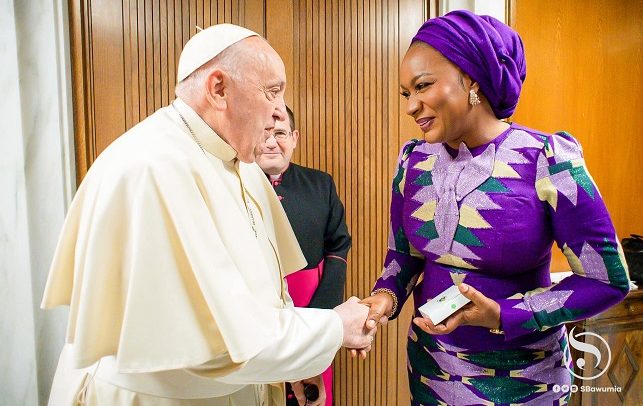


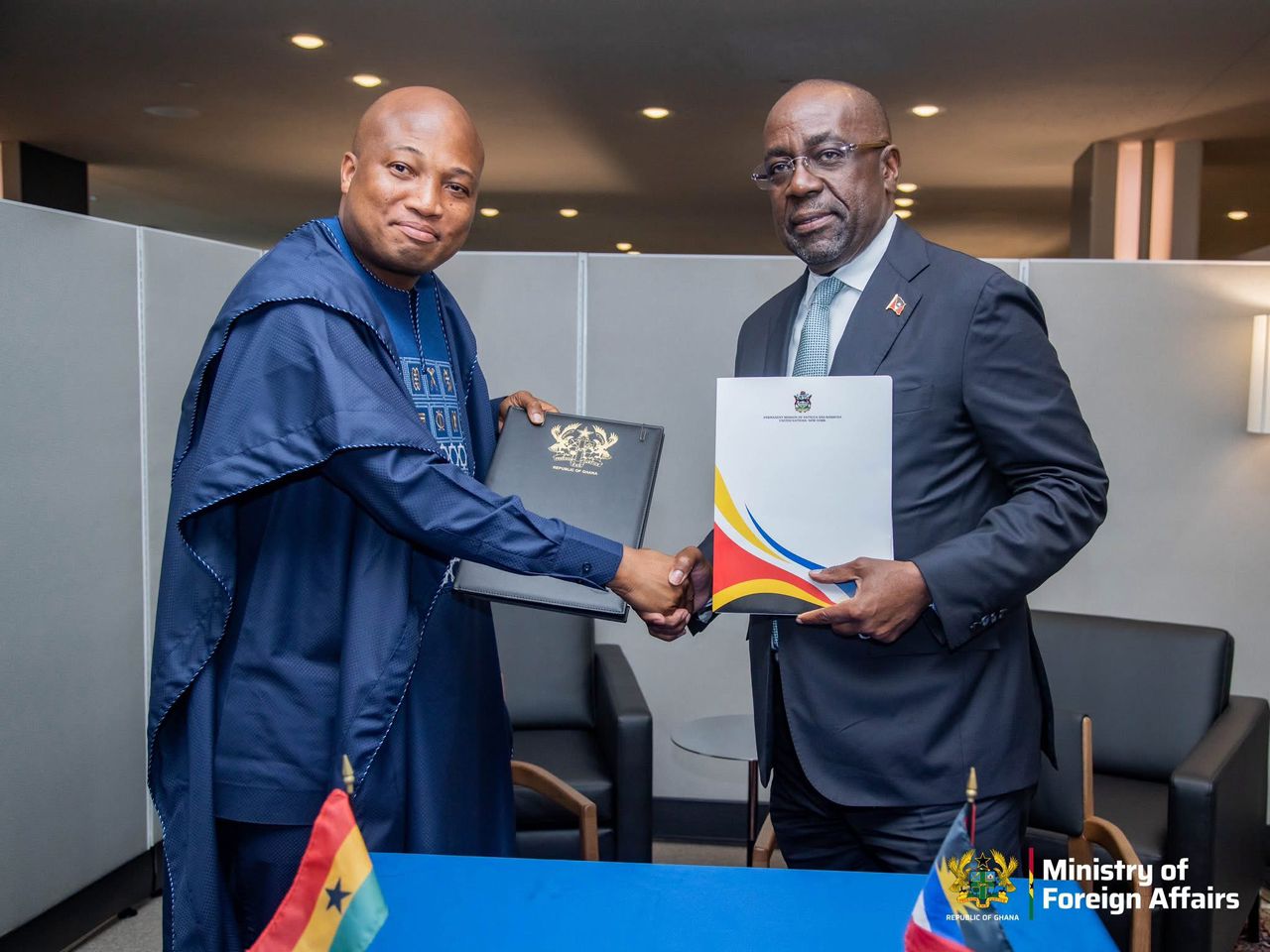
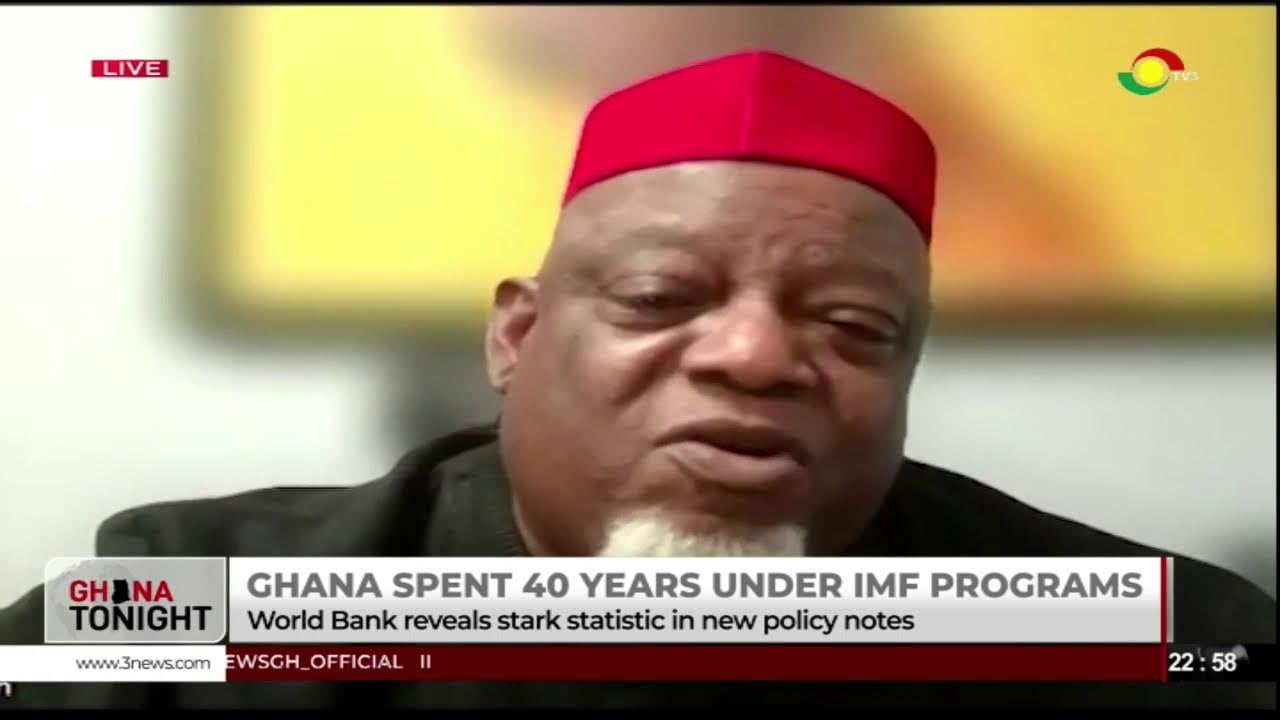






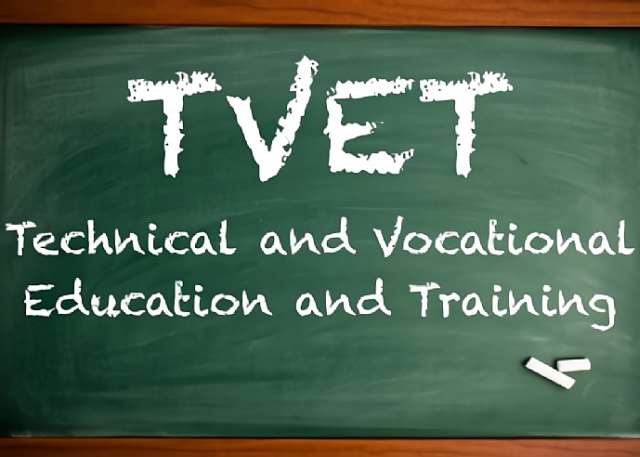
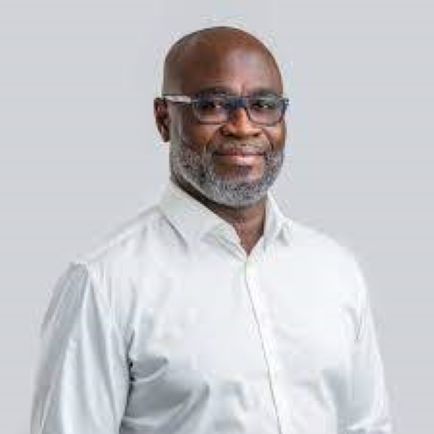
Facebook
Twitter
Pinterest
Instagram
Google+
YouTube
LinkedIn
RSS